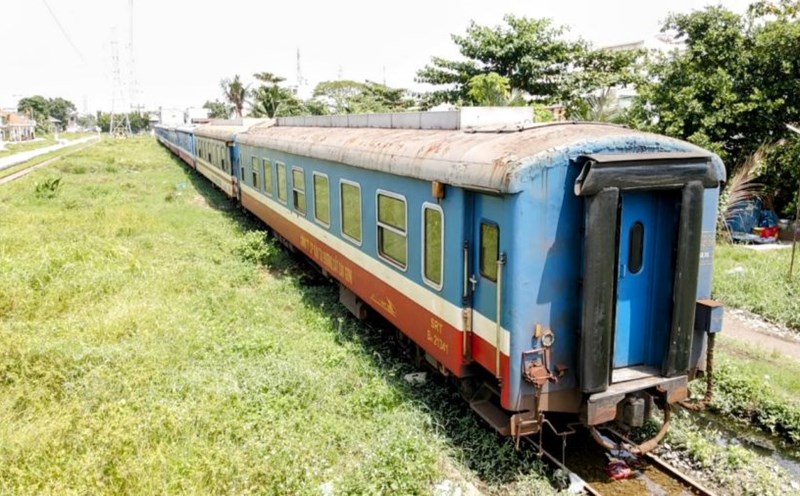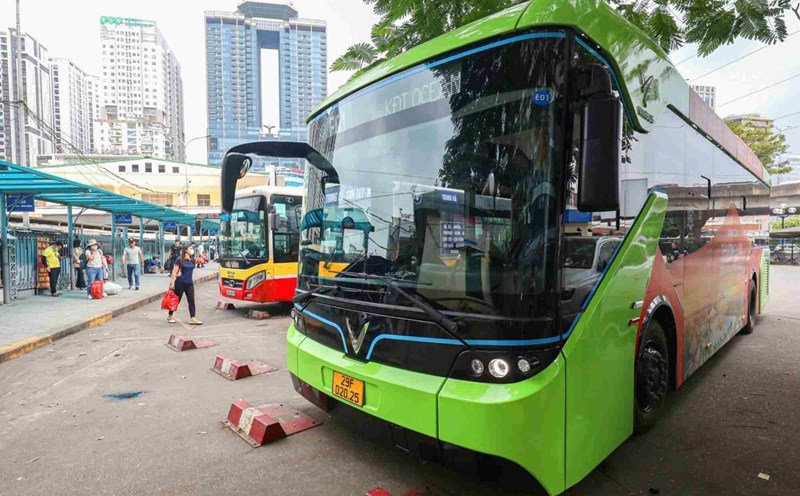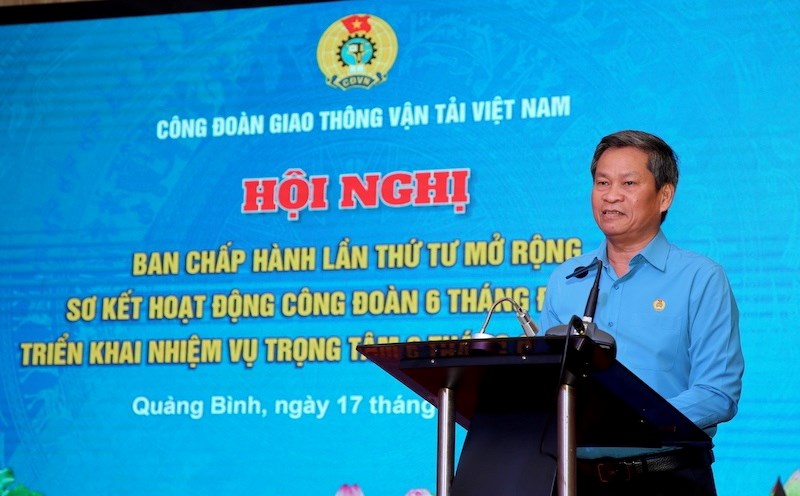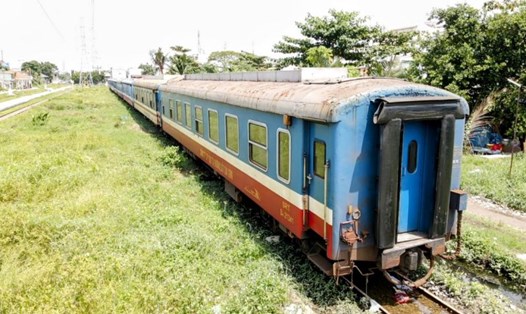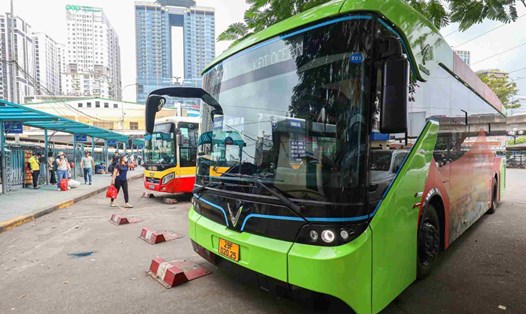Changing user habits
During a test drive of an electric car in Ho Chi Minh City, Mr. Hoang Minh, an IT employee, had an experience that completely changed his thinking about this means of transportation.
“At first, I thought that electric cars were only suitable for people who wanted to try new technology. But when I used them, I clearly saw the savings and environmental friendliness they bring,” Minh shared.
Minh's story is not an isolated case, as more and more Vietnamese people are choosing electric vehicles to replace gasoline-powered vehicles.
According to a survey by the Global EV Alliance, more than 92% of EV owners said they would choose an electric vehicle again for their next purchase. Only 1% of respondents said they planned to go back to a petrol or diesel car, while 4% chose a plug-in hybrid.
The main reasons for the popularity of electric vehicles are low operating costs, environmental protection and smooth driving experience. In particular, modern battery technology has significantly improved the travel distance, reducing the worry about charging the battery during long trips.
Electric vehicles will become an inevitable trend in Vietnam
Vietnam is witnessing an explosion in the electric vehicle market, with the prominent presence of domestic brands such as VinFast. Car lines from VF e34, VF 5 to VF 8, VF 9 not only attract domestic consumers but also gradually affirm their position in the international market. This is not only due to product quality but also thanks to policies that create the best conditions for users such as free battery charging until June 30, 2027, exchanging old gasoline cars for new electric cars with many attractive incentives...
In addition, the increasingly widespread presence of VinFast charging stations in 63 provinces and cities is helping customers feel secure in using them. The government is also playing an important role in promoting this trend. Supportive policies such as exempting registration fees for electric vehicles are creating favorable conditions for people to switch.
Mr. Hai Nam - a technology taxi driver in Hanoi - shared: "I have been using electric cars for nearly a year now and the operating costs are much lower."
Opportunity for Vietnam
Globally, electric vehicles are becoming an irreversible trend. China, the leading EV market, sold more than 1.2 million vehicles in October 2024, up 50% year-on-year. In the US, electric vehicle sales are also growing strongly, accounting for nearly 9% of total vehicle sales in the third quarter. Meanwhile, in Europe, countries such as Norway, Germany and the Netherlands are setting high standards for charging infrastructure and tax incentives.
Vietnam, although still in its early stages of development, has shown great potential to become one of the fastest growing electric vehicle markets in the region. With a combination of supportive policies, strong investment from businesses and increasing awareness from consumers, the Vietnamese electric vehicle industry promises to enter a breakthrough phase in the next decade.
In particular, with improvements in battery technology, strong incentive policies and an expanding network of charging stations, electric vehicles are becoming an indispensable part of the future of transportation in Vietnam. It is forecasted that in the next 10 years, the market share of electric vehicles will increase significantly, contributing to reducing emissions and promoting sustainable development goals.

